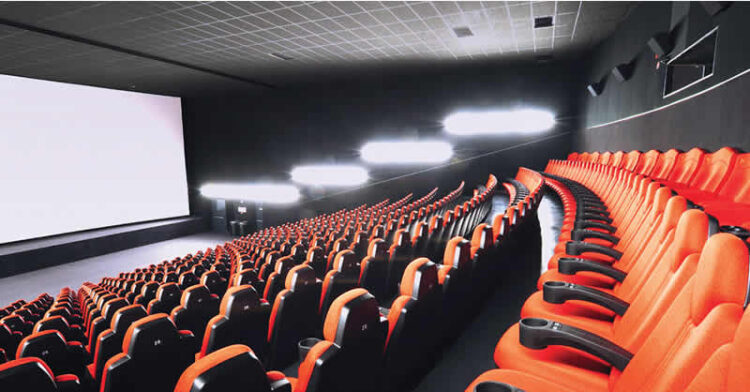Nigerians are no strangers to rising costs, but in recent months, entertainment—once an affordable escape—has also been affected. Streaming giants like Netflix, as well as cable providers DSTV and GOtv, have significantly increased their subscription prices. With inflation already straining household budgets, many are beginning to wonder: Is premium entertainment now a luxury reserved for the wealthy?
As subscription fees climb and data costs surge, Nigerians are faced with tough decisions—stick with their favorite services, explore cheaper alternatives, or abandon paid entertainment altogether. This article examines the raising cost of entertainment in Nigeria, impact of these price hikes, consumer reactions, and the future of entertainment in Nigeria.
MultiChoice’s Price Adjustments
MultiChoice Nigeria, the parent company of DStv and GOtv, has unveiled plans to increase subscription fees by an average of 20%, effective March 1, 2025. This marks the third price increment in the past 15 months. The company attributes this decision to rising operational costs amid challenging economic conditions. In response, the Federal Competition and Consumer Protection Commission (FCCPC) has summoned MultiChoice to justify these recurrent hikes, expressing concerns over potential market dominance abuse and anti-competitive practices.
Netflix’s Subscription Increases
Netflix has also adjusted its pricing structure, with the standard plan now costing $17.99 per month, up from $15.49, and the premium tier rising to $24.99 per month. These changes, implemented in January 2025, are part of Netflix’s strategy to invest in quality content for its growing subscriber base, which reached over 300 million members by the end of 2024.
Implications for Nigerian Consumers
The cumulative effect of these price increases is profound, especially considering the concurrent rise in data costs by telecom operators. Nigerian households, already contending with inflation and reduced purchasing power, are now faced with tough choices regarding their entertainment expenses. Many are evaluating the value proposition of these services, considering alternatives such as local streaming platforms or even resorting to unauthorized content sources.
Regulatory and Consumer Responses
The FCCPC’s intervention highlights the regulatory body’s commitment to protecting consumer interests. By summoning MultiChoice for an investigative hearing, the commission aims to scrutinize the justification for the price hikes and assess potential anti-competitive behavior. This move underscores the importance of fair pricing practices in the pay-TV industry.
Exploring Alternative Entertainment Options
As premium entertainment becomes increasingly expensive, there’s a growing opportunity for local streaming services to capture a larger share of the market. Platforms offering affordable, high-quality content tailored to Nigerian audiences could become viable alternatives. However, challenges persist, such as securing exclusive broadcasting rights for popular events, which are often dominated by established players like MultiChoice.
Conclusion
The trajectory of rising entertainment costs poses critical questions about accessibility and consumer choice in Nigeria. Service providers must balance operational demands with the economic realities faced by their subscribers. Failure to offer compelling value propositions may lead to a decline in customer loyalty, as consumers seek more affordable or alternative means of entertainment.






































Discussion about this post